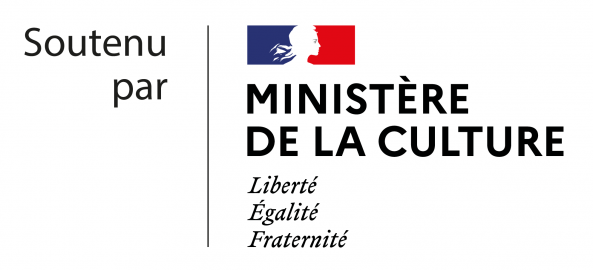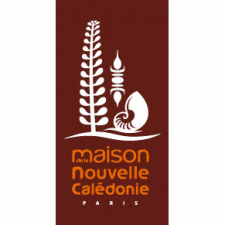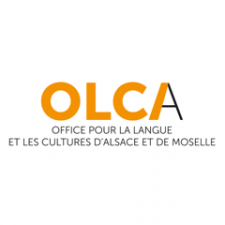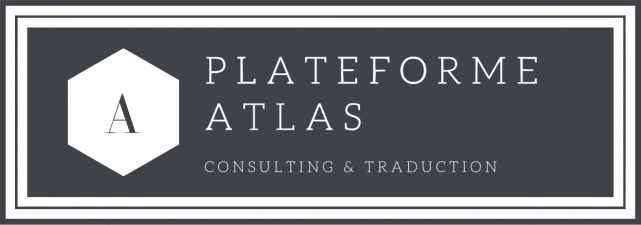LinguaLibre
Difference between revisions of "About/eu"
(Created page with "==== Jar zaitez harremanetan Wikimediako komunitatearekin ====") |
(Created page with "Ez izan zalantzarik komunitateari hobetzeko moduko edozein elementuren berri emateko. Horretarako, eztabaida lagunkoiak egoten dira Txat Aretoan, posta zerrendan edo komunitat...") |
||
| Line 47: | Line 47: | ||
==== Jar zaitez harremanetan Wikimediako komunitatearekin ==== | ==== Jar zaitez harremanetan Wikimediako komunitatearekin ==== | ||
| − | + | Ez izan zalantzarik komunitateari hobetzeko moduko edozein elementuren berri emateko. Horretarako, eztabaida lagunkoiak egoten dira Txat Aretoan, posta zerrendan edo komunitatearen barneko mezularitza zerbitzuetan. | |
</div> | </div> | ||
<div style="text-align: right;"> | <div style="text-align: right;"> | ||
Revision as of 17:24, 5 January 2023
Lingua Libre Wikimédia France elkartearen proiektua da, lizentzia askeko "ikus-entzunezko corpus" kolaboratiboa, eleaniztuna, eraiki nahi duena. Honako helburuak ditu proiektuak:
- Hizkuntzei buruzko ezagutza zabaltzea. Hainbat hizkuntzei buruzkoa eta hainbat hizkuntzatan. Horretarako Ikus-entzunezko baliabideak sortu eta partekatu nahi dira Wikimediako proiektuetan eta hortik kanpo ere erabiltzeko aukera eskainiz (dena lizentzia libreekin argitaratuko da);
- Onlineko hizkuntza-komunitateen garapena babestea – batez ere hizkuntza gutxituetakoak, gutxituak, eskualdekoak, ahozkoak edo zeinu hizkuntzetakoak –. Internet bidezko informazioa eskuratzen duten komunitateei laguntzeko eta komunitate horietako hizkuntzen bizitasuna bermatzeko lan egingo da.
Nola hartu parte?
Erabil dezakezu Lingua Libre esploratzen eta birrerabiltzen grabazioak, corpusa handitzen lagundu dezakezu hitzak grabatuz, edo webgunea hobetzen laguntzen, komunitatearekin adostasunak bilatuz.
'Grabazio morroiak audio laburrak grabatzen lagunduko dizu (hitz bat, esaldi bat), kategoria ezartzen lagunduko dizu eta Wikimedia Commons-en argitaratzen, bai ordenagailutik bai telefonotik. Horretarako, hsi saioa, log in edo oraindik ez baduzu egin, sortu erabiltzailea eta pasahitza. Badago erabiltzaileentzako gida bat, ikus Help page.
Web orrialdeak aldatzeko, sartu eta sakatu Aldatu. Orrialde gehiago gehitzeko, prozesua bi urratsetan burutzen da: sartu bilatzailean, sortu nahi duzun orriaren izenburua, "LinguaLibre:" aurrizkiarekin. Mezu bat agertuko zaizu orria sortzera gonbidatzen zaituena. Funtsezko edozein eraldaketatarako, kontsultatu komunitateari aldez aurretik. Adostasuna bilatu beharko.
Why participate?
Lingua Libre comes from the observation of several lacks on Wikimedia projects and on the web in general:
- Lack of diversity: While the web is in theory open to everyone, its content is far from representing all languages proportionally. More than 50% of websites are in English; only 301 of the world's 7000+ languages have a free encyclopedia [1], with a content that is inferior in quality and quantity to those of more endowed languages such as Wikipedia in English[1],[2]. In addition, these websites host content that broadly reflects and meets Western standards and needs through the medium of the written word, which explains and helps to perpetuate their lack of linguistic diversity.
- Lack of orality: Although languages are essentially spoken (only 4,000 of the world's 7,000 languages have a writing system)[4], knowledge sharing and communication via new information and communication technologies (NICTs) is mainly done in writing, particularly on the web, despite the rich multimedia format it allows. This mediation of the oral through the written word raises many barriers to contribution, such as the use of Unicode characters, the culture of the written word, the orthographic standardisation of the language or the literacy rate of the community.
- These lacks of diversity and orality limit the ability of Internet users to communicate and contribute online to various web platforms where they cannot find content and communities sharing their language. Among the regional minority languages that are oral or signed, they threaten in particular the poorly endowed ones, many of which are currently in danger of extinction and for whom inclusion on the web is a major challenge and opportunity.
- Indeed, of the 7000 languages in existence today, it is estimated that only 2500 will survive to the next century and only 250 (less than 5%!) will make their digital ascent — i.e. be used regularly for communication purposes in the digital space by native speakers who are comfortable on the web — a factor which is yet essential for their vitality[5]. Current initiatives by linguists and activists to document and share data, resources and content online in the languages to be preserved do not directly contribute to the development of a digitally-ascendant linguistic community of Internet users, and thus remain limited in their impact.
- Lingua Libre aims to make up for this lack of support by placing itself at the service of linguistic communities wishing to insert and promote their language into the digital space by exploring alternative means of communication to the written word, in the hope that this will free up online communication in a growing number of languages. This objective favours by its very nature regional minority languages that are poorly endowed in terms of oral or signed language, but also benefits more endowed languages that wish to highlight their oral and visual aspects. To fulfil its mission, Lingua Libre offers an online solution for mass recording, leading to the publication of a collaborative multilingual audiovisual corpus under free licence, whose vocation is information through consultation, and revitalisation by triggering the contribution of new language communities on Lingua Libre and then outside.







